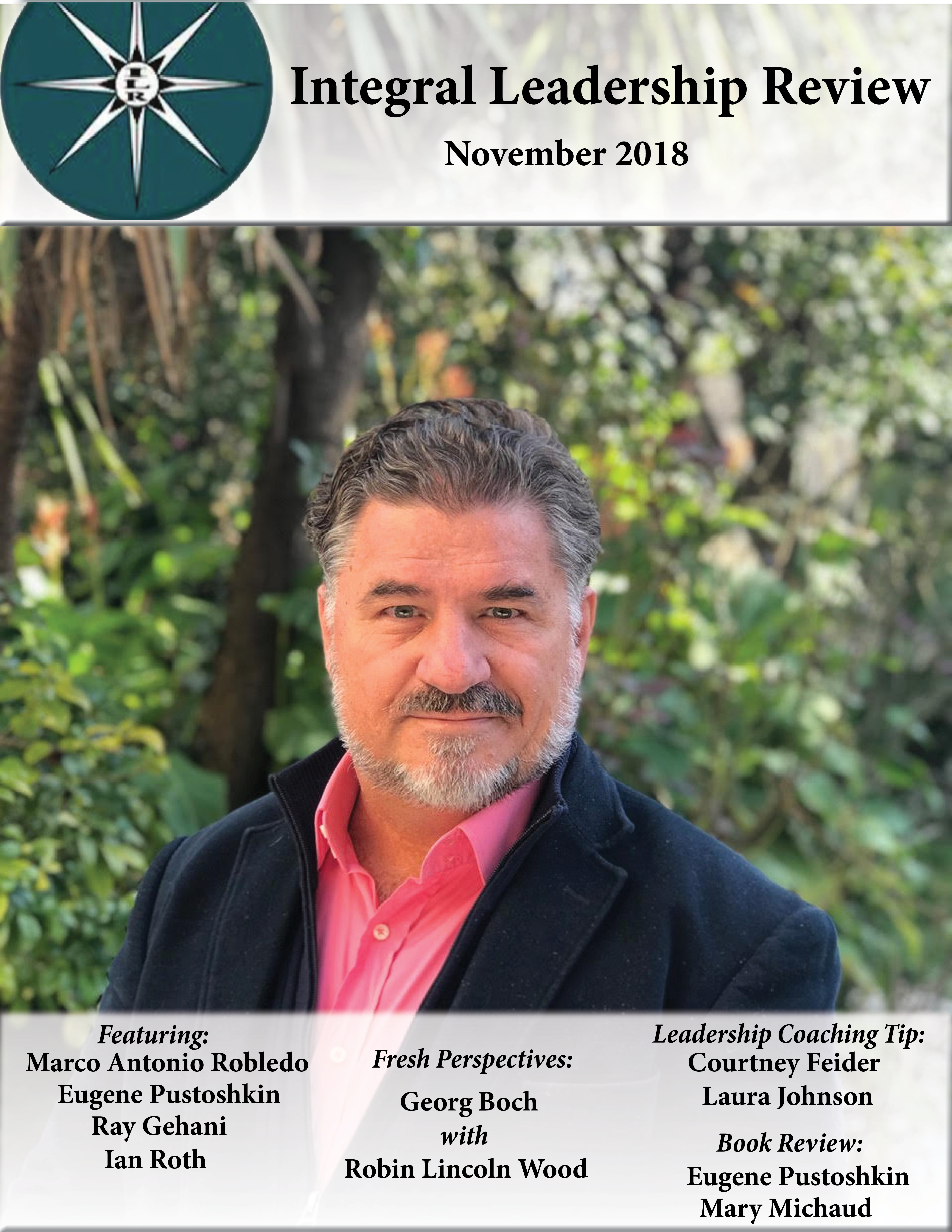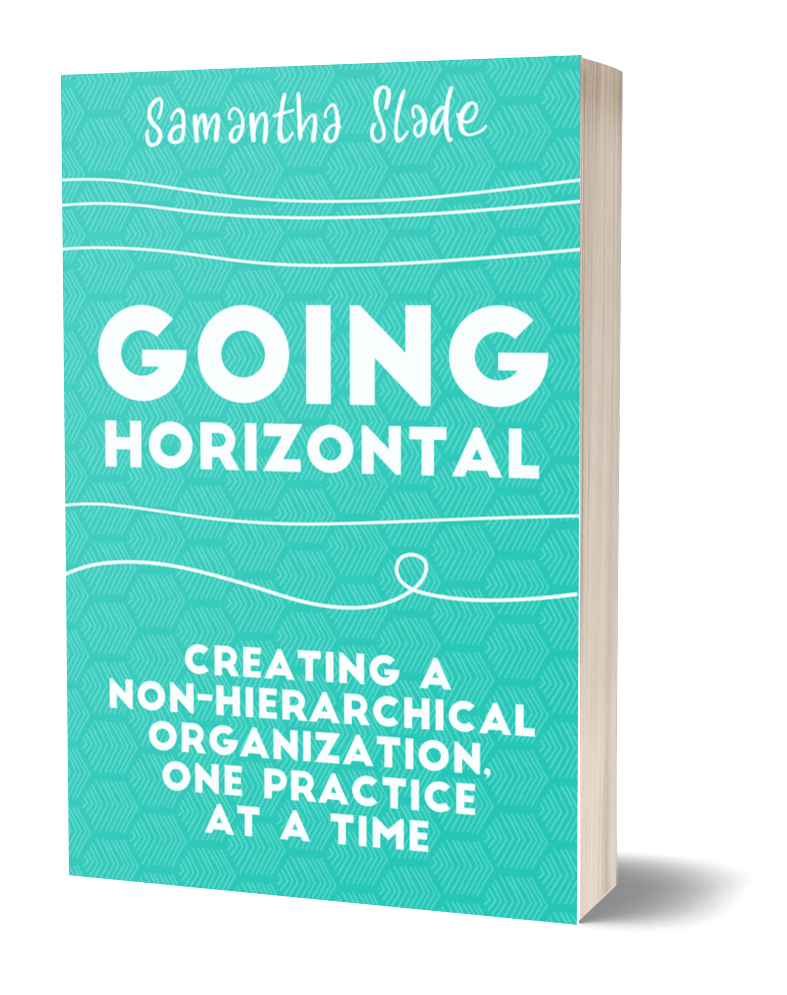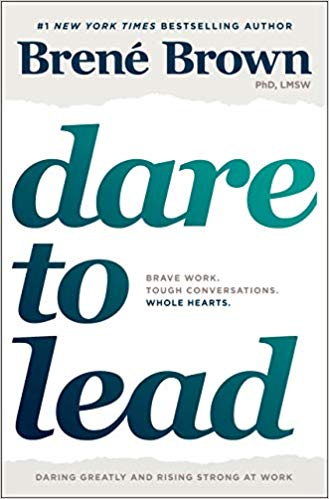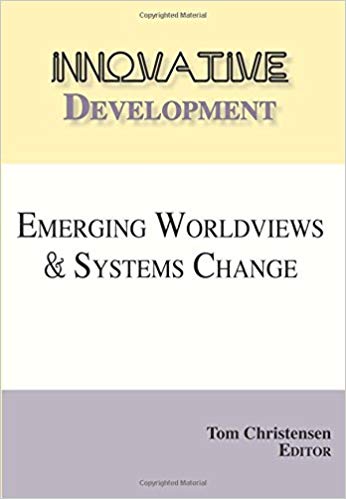 …
…
11/30 – November 2018 Cover
November 2018 / Cover

November 2018 / Cover
November 2018 / Book Reviews
 In Going Horizontal: Creating a Non-hierarchical Organization, One Practice at a Time Samantha Slade has captured in plain language how to achieve what so many of us have longed for deep down: A genuine invitation to common purpose through non-hierarchical practice, simple rules, and self-reflection. While the book’s tone feels like a conversation around Slade’s Montreal kitchen table, her guidance around “domains of practice common across all organizations” emerge from years of skilled, systematic inquiry and …
In Going Horizontal: Creating a Non-hierarchical Organization, One Practice at a Time Samantha Slade has captured in plain language how to achieve what so many of us have longed for deep down: A genuine invitation to common purpose through non-hierarchical practice, simple rules, and self-reflection. While the book’s tone feels like a conversation around Slade’s Montreal kitchen table, her guidance around “domains of practice common across all organizations” emerge from years of skilled, systematic inquiry and …
November 2018 / Leading Comments
We are excited to share with you contributions from around the world. Our Feature Articles are from Spain (Marco Antonio Robledo), Russia (Eugene Pustoshkin), United States (Ray Gehani) and Japan (Ian Roth)! Georg Boch (Germany) interviews Robin Lincoln Wood (France), which is informative, transparent and hopeful! Eugene also provides us with a review of two books edited by late the Tom Christensen focusing on Spiral Dynamics, published by Integral Publishers in 2015. Mary Michaud reviews Going …
November 2018 / Leadership Coaching Tips
One of my favorite things about The Leadership Circle is that it fundamentally supports the idea that we recreate ourselves. The Reactive half of the circle offers us a frame for the things that have happened to us historically and a rooting in the way that has impacted us as humans over the course of our lives since that part of our story integrated itself. And becoming more Creative gives us a supported opportunity to choose …
November 2018 / Fresh Perspective
George: Hello Robin! I’m happy that we have a chance to have this conversation about your work. Especially because in the last years … well I’ve been a great fan of your work and we had a chance to work together as well on certain of your projects. I think this is a great opportunity to take a step back and look at the bigger picture of how your work has evolved and what you have …
November 2018 / Leadership Quote
 “I’m not afraid of the word revolution, I’m afraid of a world that’s becoming less courageous and authentic. I’ve always believed that in a world full of critics, cynics, and fearmongers, taking off the armor and rumbling with vulnerability, living into our values, braving trust with open hearts, and learning to rise so we can reclaim authorship of our own stories and lives is the revolution. Courage is the rebellion.”
“I’m not afraid of the word revolution, I’m afraid of a world that’s becoming less courageous and authentic. I’ve always believed that in a world full of critics, cynics, and fearmongers, taking off the armor and rumbling with vulnerability, living into our values, braving trust with open hearts, and learning to rise so we can reclaim authorship of our own stories and lives is the revolution. Courage is the rebellion.”
Brené Brown, Dare to Lead (2018, …
November 2018 / Feature Articles
There are two foundational vectors of consciousness and self-development: vertical and horizontal.
Vertical Development is studied by developmental psychology. The psychology of child development studies stages of consciousness and selfhood formation in children. The study of Adult Development investigates the trajectory of an adult personality through the stages of increasing maturity of meaning-making and self-sense. Scholars and researchers discern about a dozen of major stages or fulcrums of development through which a person might go over …
November 2018 / Book Reviews
 Innovative Development: Emerging Worldviews and Systems Change (Integral Publishers, 2015) is a useful volume (edited by late Tom Christensen—you did a very good job here, Tom, and I wish you a blissful journey in the afterlife, whatever and however it is in actuality) that contains papers on Spiral Dynamics (SD) and the Gravesian theory as applied to the societal dimension. The book is not an introduction into the general topic of SD but can be a …
Innovative Development: Emerging Worldviews and Systems Change (Integral Publishers, 2015) is a useful volume (edited by late Tom Christensen—you did a very good job here, Tom, and I wish you a blissful journey in the afterlife, whatever and however it is in actuality) that contains papers on Spiral Dynamics (SD) and the Gravesian theory as applied to the societal dimension. The book is not an introduction into the general topic of SD but can be a …
November 2018 / Feature Articles
The visionary philosopher Ken Wilber (1974) proposed integral leadership theory while exploring the role of human consciousness at the individual level. Wilber gradually added more richness with complexity, comprehensiveness, trans-disciplinarity, and inclusiveness. In the 1990s, Wilber also noted that the Western empirical orientation of leadership was often rooted in the external and material world, with a heavy reliance on statistical measurement and analysis of behaviorally observable variables. Gardner et al. (2001) and McCall (2004) noted that …
November 2018 / Feature Articles
It is commonly recognised that language is a reflection of culture and the reality portrayed by that culture. The reverse of this relationship, despite being less often considered, is no less impactful. The ways language is used serve to create patterns of thought, beliefs, behaviours, cultures, and, ultimately, realities. Wittgenstein claimed that the limits of our language are the limits of our world (68). Though the veracity of this claim continues to be debated, it provides …